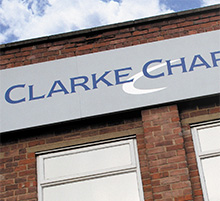
Over the past 150 years, the company has transformed itself from a humble Victorian engineering shop to a world-renowned materials handling group. The 150-year anniversary is a tribute to the pioneers and innovators whose vision and collaboration have led to many milestones in British engineering. Its founding started in 1864 when entrepreneur William Clarke, who was born in Sunderland, England, opened a small factory on the South bank of the River Tyne which in those days was a clean river. In time however, the river banks were blasted to widen the river and dredged to make it deeper for ships with large draughts. The transition from sail to steam was taking place. These improvements began in 1850 just after the development of the railway and the development of the City of Newcastle.
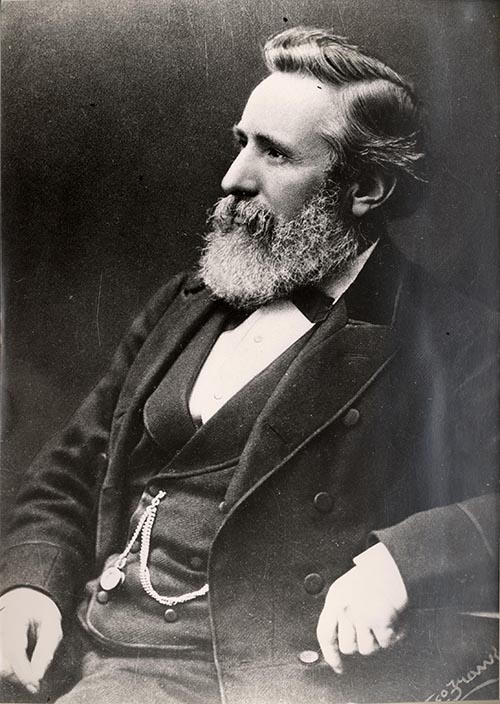 William Clarke
William Clarke
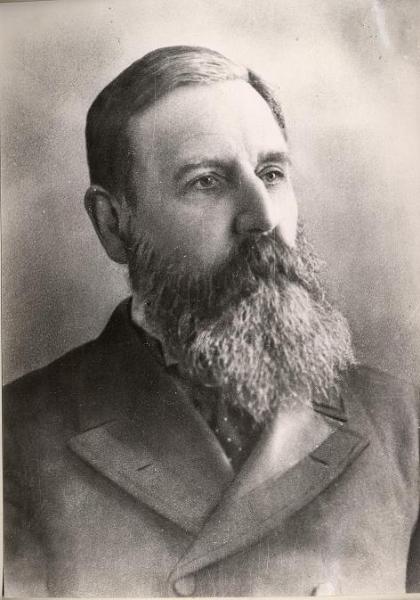 Able Henry Chapman
Able Henry Chapman
Timeline.
1864 The company is established by William Clarke initially producing winches; the first steam cargo winch was introduced in 1868.
1870 Joseph Watson and Joseph Gurney joined as partners and the company is named Clarke, Watson and Gurney.
1874 Moved to Victoria Works and Captain Abel H. Chapman joined the company (had served in the Army based in India).
1875 Started producing boilers, concentrating on multi-tubular boilers.
1882 The company experiments with employing women as draughtsmen and a separate building, to give the ladies their own accommodation, was built.
1882 Joseph Gurney retired from the partnership; William Clarke and Abel H. Chapman continued the business now named Clarke, Chapman and Co.
1883 Charles Algernon Parsons becomes a junior partner at Clarke, Chapman and Co, in charge of the reorganised electrical department. Parsons concentrates his efforts to devise a high-speed engine to directly drive the newly introduced electric generators and to develop a high speed generator.
1884 A new electric winch is introduced to the product range.
1884 Parsons steam turbine is patented. The first Parsons turbo-generator was completed in 1884 and is now preserved in the London Science Museum; by 1888 about 200 were in service, mainly for lighting on ships. The partners also worked with Sir Joseph Wilson Swan (the inventor of incandescent light bulbs) on filament lamps.
1886 Experimented with searchlights for use on ships, which led to the establishment of the Electrical Installation Department.
1889 Parsons left the partnership and founded C. A. Parsons and Co at Heaton.
1893 Public company
1894 The company engages in building oil engines from 2 to 100 hp.
1895 Clarke Chapman extended its range of boilers to water tube boilers.
1902 First electric windlass was built.
1907 Two crane railway tank engines built for the Consett Iron Co.
1910 E. N. Mackley and Company Ltd (located at Hawks Road, Gateshead 1910-1977) was formed, as a wholly owned subsidiary of Clarke, Chapman and Co., initially supplying main shaft pumps primarily to collieries in Northumberland and Durham. Today Mackley Pumps is an active division of The Clarke Chapman Group Ltd.
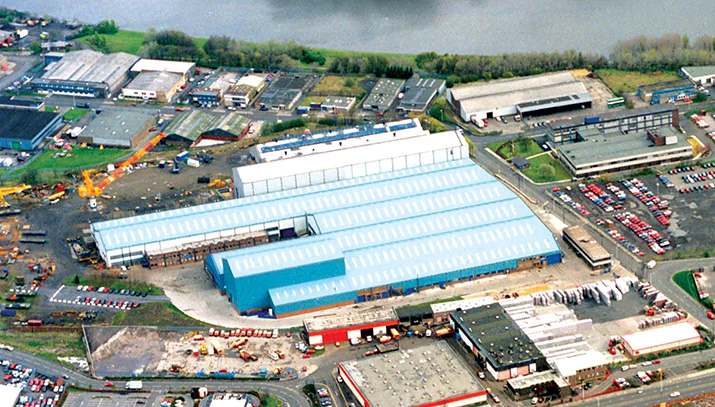 Aerial view Saltmeadows Road facility, Gateshead
Aerial view Saltmeadows Road facility, Gateshead
1961 Clarke Chapman & Co now manufacture winches, windlasses, capstan gears, pumps, cranes, ships’ generators and switchboards, searchlight and floodlight projectors, reflectors, steam generating plant for power station and industrial undertakings, pulverising equipment, conveyors and mechanical handling equipment. Member of the Nuclear Power Group
1962 Clarke, Chapman and Co and W. H. Allen, Sons and Co jointly purchased Nelson Engineering Company, makers of smaller electric motors (up to 50 hp) which would be supplied to all 3 companies
1968 Acquisition of Clyde Crane and Booth to form the nucleus of a new Crane and Bridge Division. In 1961 Clyde Crane and Booth acquired Cowans, Sheldon and Co. Today Cowans Sheldon is a division of The Clarke Clarke Chapman Group Ltd.
1969 A take-over takes place of bridge builder and heavy crane maker Sir William Arrol and Co. and the three heavy-crane making companies in Wellman Engineering Corporation, with backing from the Industrial Reorganisation Corporation. Today Wellman Booth is an active division of The Clarke Chapman Group Ltd.
1970 Clarke, Chapman and Co took over the Thompson Group with the support of the Industrial Reorganisation Corporation; new company called Clarke Chapman-John Thompson.
1972 December: Rockwell Standard purchased the Motor Pressings Division of Clarke Chapman-John Thompson
1974 Clarke Chapman-John Thompson took over the U.K. interests of International Combustion (Holdings) Ltd in return for a 31% holding in the enlarged group; as a consequence, Combustion Engineering would hold about 13% of Clarke Chapman-John Thompson. International Combustion (Holdings)’s activities in South Africa, Australia and India were not included in the deal.
1977 Clarke, Chapman and Co merge with Reyrolle Parsons of Newcastle to form a new company, Northern Engineering Industries (NEI), which at the time employed in the region of 35,000. They remained at the Victoria Works until 1994, when they relocated to the current Saltmeadows Road site. The Victoria Works site is now a housing estate.
1989 Acquired Stothert & Pitt, a British engineering company founded in 1785 in Bath, England builders of dockside & offshore cranes. Today Stothert & Pitt is an active division of the Clarke Chapman Group Ltd.
1989 NEI acquired by Rolls Royce plc to form the Rolls Royce Materials Handling Division.
2000 Rolls Royce plc sell the Rolls Royce Materials Handling division (incorporating Clarke Chapman, Stothert & Pitt, Cowans Sheldon and Wellman Booth) to Langley Holdings PLC. The Clarke Chapman Group Ltd is formed.
2014 Today, the Clarke Chapman group continue to manufacture materials handling equipment from its headquarters in Gateshead, England, providing manufacturing, consultancy and support services to a wide range of industry sectors across the globe.
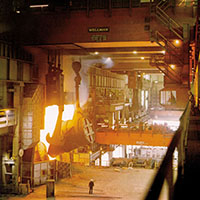 Wellman Booth (acquired 1969)
Wellman Booth (acquired 1969)
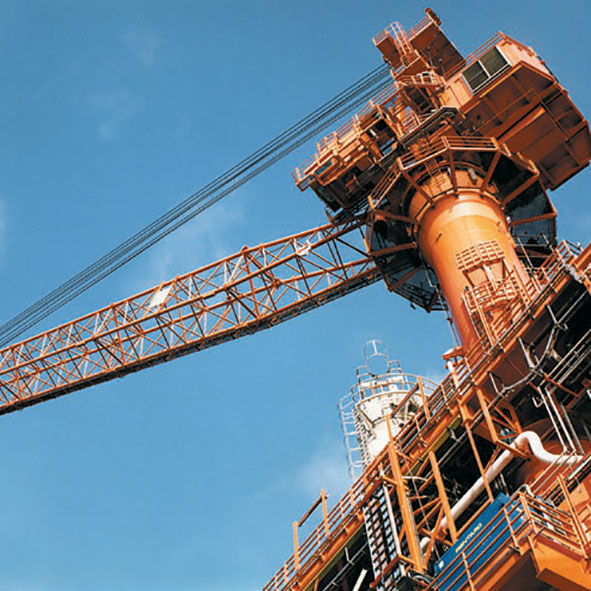 Stothert & Pitt (acquired 1989)
Stothert & Pitt (acquired 1989)
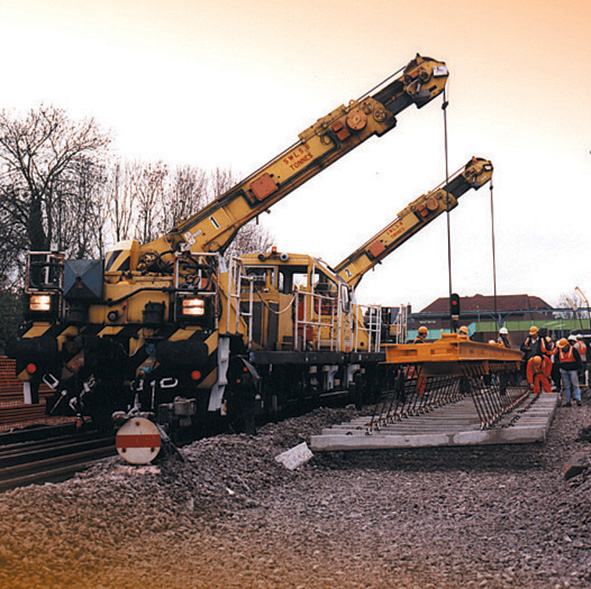 Cowans Sheldon (acquired 1969)
Cowans Sheldon (acquired 1969)
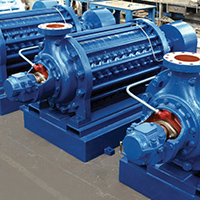 Mackley Pumps (acquired 1910)
Mackley Pumps (acquired 1910)
Source of information Clarke Chapman archives, www.gracesguide.co.uk